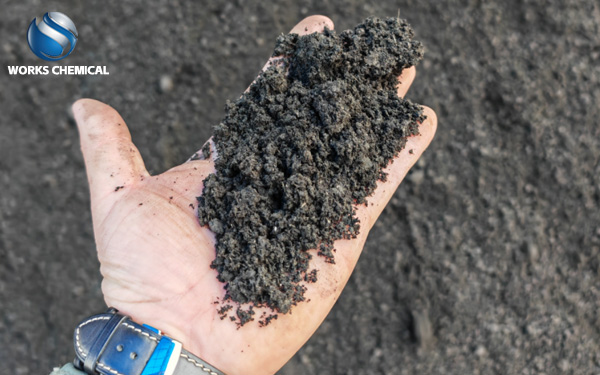
Sludge dewatering effect is not ideal may be caused by a variety of factors, in view of this situation, you can find solutions from the following aspects:

1. Understand the problem:
- Diagnose and understand the causes of unsatisfactory dehydration results first. This may include the initial moisture content of the sludge, changes in the properties of the sludge, the state of mechanical equipment, etc.
2. Optimize mechanical equipment:
- Check and maintain dewatering equipment to ensure it is in good working order. If the device is aging, consider upgrading or replacing the device.
3. Improve sludge properties:
- Use sludge conditioners or other chemicals to improve sludge dewatering performance. Proper chemical treatment can significantly improve the dewatering effect of sludge.
4. Adjust the operating parameters:
- Adjust the operating parameters during dehydration, such as pressure, temperature and time, to find the best dehydration conditions.
5. Continuous monitoring and optimization:
- Optimize the dehydration process according to the actual situation by continuously monitoring the dehydration effect. For example, adjust the amount of chemical treatment agent or change the operating parameters of dehydration equipment.
6. Add new technology:
- Explore and apply new technologies to improve dehydration efficiency, such as the use of new dehydrating agents or the adoption of advanced dehydration equipment.
7. Get expert advice:
- If your own resources and knowledge are difficult to solve the problem, consider seeking the help and advice of external experts.
8. Train and educate operators:
- Ensure that operators have the necessary knowledge and skills to properly operate and maintain dewatering equipment and are able to make the right decisions for different situations
9. Implementation of preventive measures:
- Avoid similar problems in the future by implementing preventive measures, such as regular inspection of equipment and monitoring of the nature of the sludge.
10. Keep records and analysis:
- Record all relevant data and conduct analysis to identify factors that may affect the effectiveness of dehydration, thereby providing data support for future optimization.
Through the comprehensive application of the above measures and methods, it may be helpful to improve the sludge dewatering effect. Each situation may be different, so it may take a multi-faceted effort and continuous optimization to find a better solution.